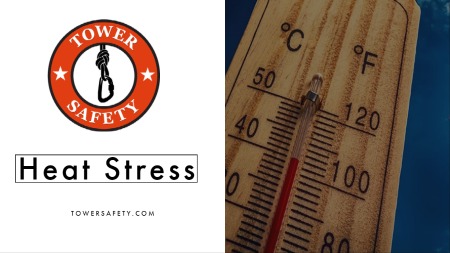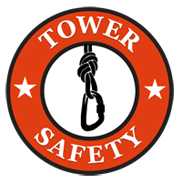Tower Safety Training
Tower Safety RF Awareness, GHS, LOTO, Heat Stress and many more Online Training Courses
 Tower Safety Online Certifications are designed and developed to keep industry best practices for training. We carefully tailor our courses to deliver high quality training that helps you to excel professionally.
Tower Safety Online Certifications are designed and developed to keep industry best practices for training. We carefully tailor our courses to deliver high quality training that helps you to excel professionally.
Tower Safety Online Training Courses:
Global Harmonized System
GHS Certificate Course – $25.00
OSHA has adopted new hazardous chemical labeling requirements as a part of its recent revision of the Hazard Communication Standard, 29 CFR 1910.1200 (HCS), bringing it into alignment with the United Nations’
Globally Harmonized System of Classification and Labelling of Chemicals (GHS). These changes will help ensure improved quality and consistency in the classification and labeling of all chemicals, and will also enhance worker comprehension. As a result, workers will have better information available on the safe handling and use of hazardous chemicals, thereby allowing them to avoid injuries and illnesses related to exposures to hazardous
chemicals.
Lock Out/ Tag Out
Lock Out/Tag Out Course – $65.00
Employers are also required to train each worker to ensure that they know, understand, and are able to follow the applicable provisions of the hazardous energy control procedures: Proper lockout/tagout (LOTO) practices and procedures safeguard workers from the release of hazardous energy. The OSHA standard for The Control of Hazardous Energy (Lockout/Tagout) (29 CFR 1910.147) for general industry, outlines specific action and procedures for addressing and controlling hazardous energy during servicing and maintenance of machines and equipment
MORE DETAILSRF Awareness in Spanish and English
RF Awareness Course $65.00
- Understanding of the potential health effects of exposure to RF hazards
- Understanding of the relevant limits and standards of Radio Frequency
- Awareness of safe working procedures at RF transmitter sites
- Ability to identify potential RF hazards on site
- Understand the concepts of Radio Frequency
- Correct use of PPE in the form of a RF personal monitor and RF suit
Heat Stress Course $20.00 
Heat-related illnesses can be prevented. Important ways to reduce heat exposure and the risk of heat-related illness include engineering controls, such as air conditioning and ventilation, that make the work environment cooler, and work practices such as work/rest cycles, drinking water often, and providing an opportunity for workers to build up a level of tolerance to working in the heat. Employers should include these prevention steps in worksite training and plans. Also, it’s important to know and look out for the symptoms of heat-related illness in yourself and others during hot weather. Plan for an emergency and know what to do — acting quickly can save lives!-
OSHA Heat Awareness Campaign.










